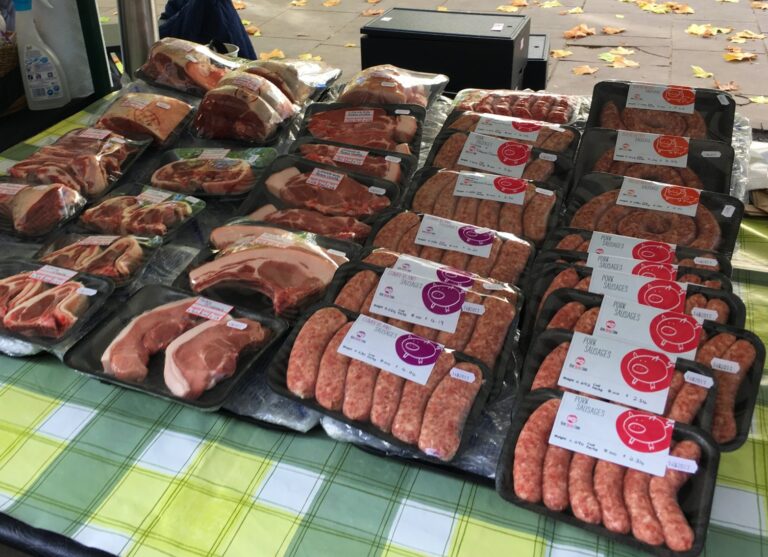A new article written by Damian Maye and Julie Urquhart has just been published in the Journal of Rural Studies that seeks to examine the online discourses regarding sustainable meat consumption by analysing a range of ‘hashtags’.
Entitled ‘What’s the beef?: Debating meat, matters of concern and the emergence of online issue publics’, the paper does a number of things conceptually. Firstly, it reviews academic debates surrounding eating less meat and identify three narratives or food futures (plant-based future, agroecological future and lab meat-based future). Secondly, it argues that although sometimes presented in binary terms they signify a multiplicity of debates and values and represent what Bruno Latour calls ‘matters of concern’ rather than ‘matters of fact’. Thirdly, the paper authors recognise social media, and particularly Twitter, as an important medium where meat debates are discussed – so-called ‘online issue publics’.
Lead author Damian Maye said “we realise that the debate on Twitter is vast, so we then examined and compared data from two particular hashtags to get a sense of how meat debates are emerging, one related to #sustainablemeat AND #ethicalmeat and one related to #eatlessmeat”.
The paper found that:
- #eatlessmeat tweets generated more frequent mentions and greater heterogeneity of content than #sustainablemeat tweets.
- #sustainablemeat tweets were orientated toward promoting a business or the production of meat; #eatlessmeat tweets showed a greater association with planetary issues.
- Individuals and organisations who are already invested in an issue use specialist hashtags.
- ‘Sustainable meat’ narratives on Twitter signal the multiplicity of debates that currently surround this contested issue.
Damian continues: “This is one of the first papers that uses Twitter data to examine debates about eating less meat and hopefully makes an important contribution to the literature. It also highlights the need for more research to examine sustainable meat discourses on social media and the value of social media data as a rich resource to understand contested issue publics.”
The article, which was also co-written by Clive Potter from Imperial College, John Fellenor and Julie Barnett, both from the University of Bath is currently available for free for a period of 50 days. Its full reference is:





